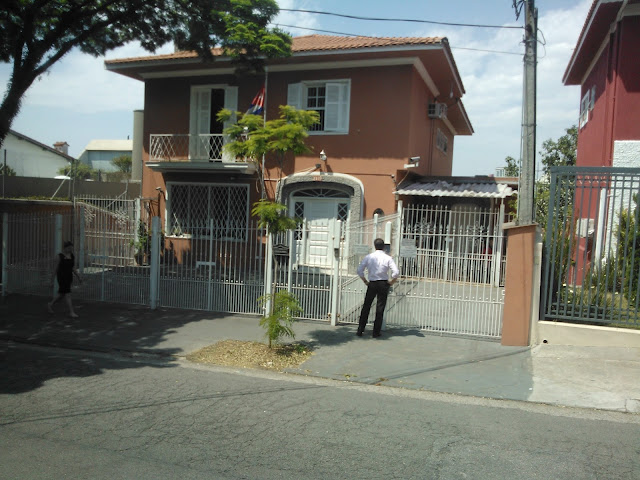Hole disrupts traffic in a big avenue of São Paulo by almost 3 months

Crater on avenue of Brazil's financial center A crater approximately 80 inches in diameter is hindering traffic on Avenida Faria Lima in Sao Paulo. Located in the prime area of the city, the avenue is known to harbor many headquarters of international banks (KDB, Banif, JP Morgan, Societe Generale, Royal Bank of Canada), consulates (Israel, Germany and the Netherlands) and one of the oldest museums in the country (Museu da Casa Brasileira). The hole was formed just over two months and so far the city hall no took actions and nor ruled on the repair works and maintenance of the avenue.











